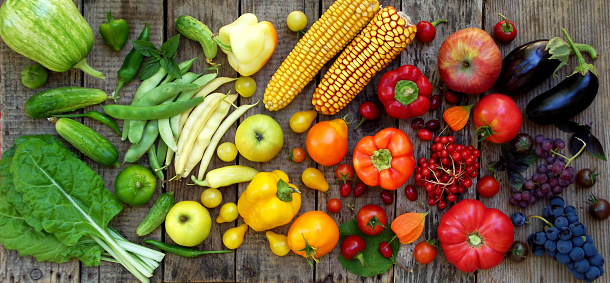
The results of the study found that those who consumed three to four servings of vegetables daily had a 12 percent lower risk of experiencing stress than those who ate zero to one daily serving. Those who ate five to seven servings of fruits and vegetables daily saw a 14 percent lower risk of stress than those who ate zero to four servings.
The benefits were more pronounced in women, and it was found that female adults who consumed three to four servings of vegetables daily had an 18 percent lower risk than those who ate zero to one serving. Women who consumed two daily servings of fruit were also found to have a lower risk of stress than women who ate zero to one serving, while women who ate five to seven servings of fruits and vegetables daily had a 23 percent lower risk of stress than women who consumed zero to one daily serving.
Fruit consumption by itself was found to have no significant association with a lower risk of stress, though vegetable consumption alone was found to lower rates of stress.
Dr. Melody Ding of the University of Sydney’s School of Public Health concluded, “This study shows that moderate daily fruit and vegetable consumption is associated with lower rates of psychological stress. It also reveals that moderate daily vegetable intake alone is linked to a lower incidence of psychological stress. Moderate fruits intake alone appears to confer no significant benefit on people’s psychological stress.”
This study provides further evidence to a growing body of research that has linked fruit and vegetable consumption with a lower risk of depression and a higher level of well-being, as assessed by various measures of mental health.
Related: Tips to reduce stress